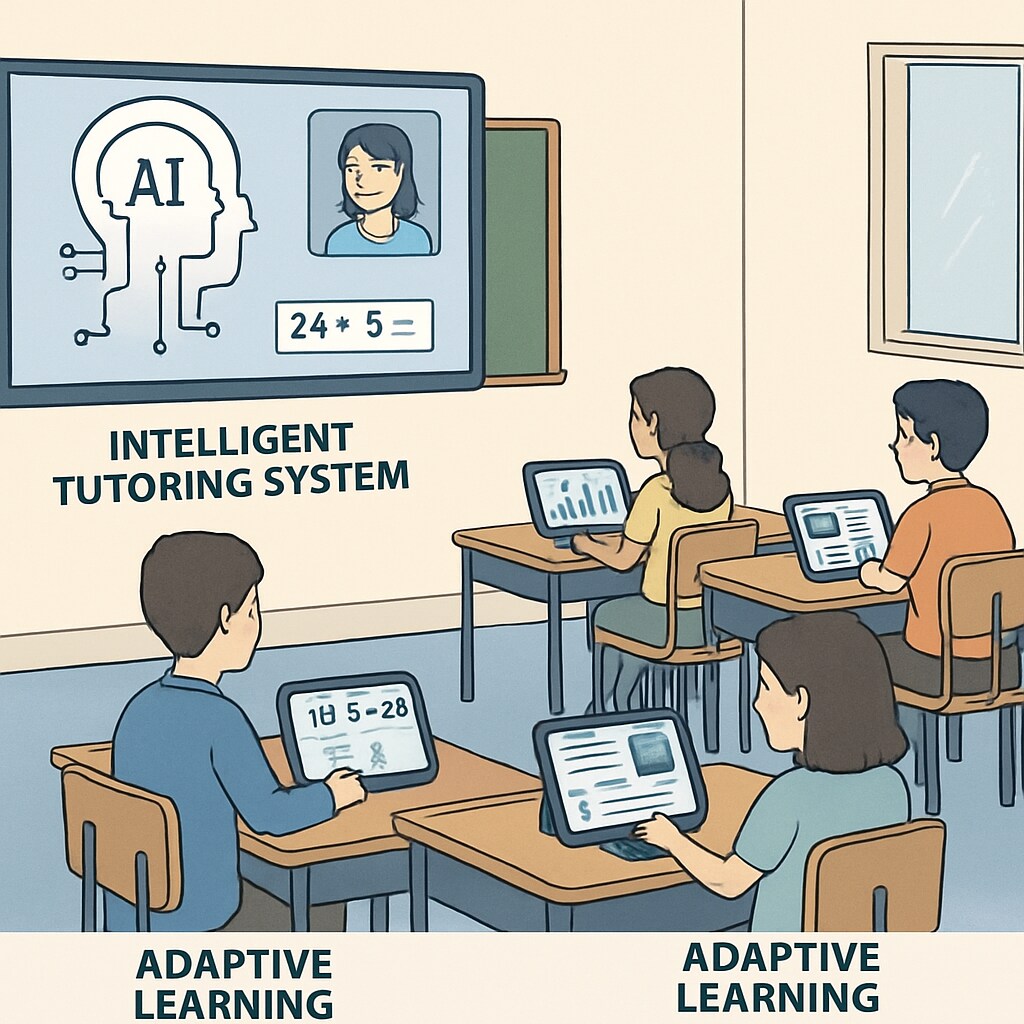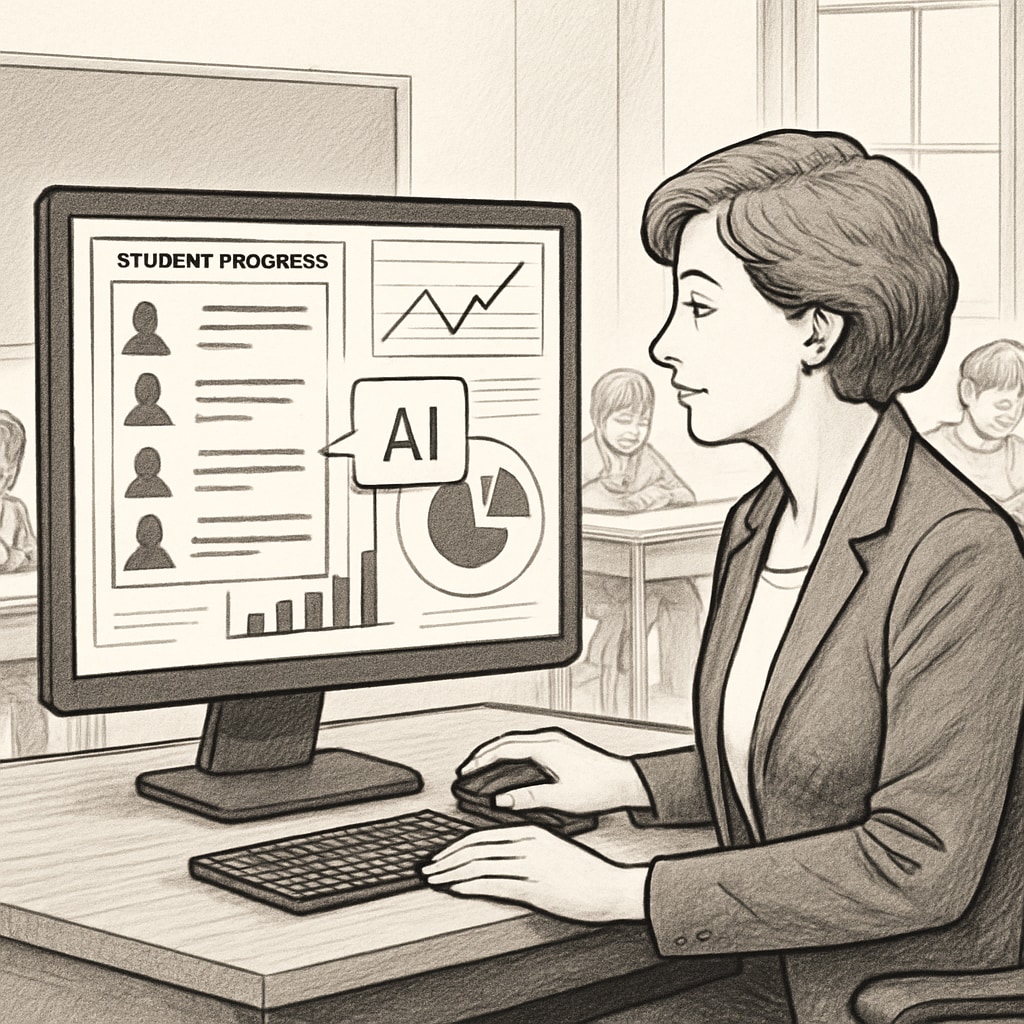Artificial intelligence (AI) is rapidly transforming the landscape of school education, influencing personalized learning, teacher roles, and assessment methods in profound ways. As we look ahead to the next 5-10 years, it is clear that AI will play a pivotal role in reshaping the educational ecosystem for K-12 schools. While the opportunities are vast, this technological revolution also presents significant challenges that educators, policymakers, and technologists must address.

Revolutionizing Personalized Learning
One of the most exciting impacts of AI in education is the advancement of personalized learning. AI-powered systems can analyze individual student data, including learning preferences, progress, and areas of difficulty, to tailor lessons to each learner’s unique needs. This approach not only enhances engagement but also ensures that students receive targeted support where they need it most.
For example, adaptive learning platforms like Khan Academy use algorithms to adjust the difficulty of exercises based on a student’s performance. Similarly, intelligent tutoring systems can provide instant feedback and explanations, mimicking the guidance of a human tutor.
- Improved academic outcomes through customized learning paths
- Increased accessibility for students with diverse needs
- Scalable solutions for large classrooms
The Evolving Role of Teachers
AI is not here to replace teachers but to empower them. Educators are increasingly leveraging AI tools to automate administrative tasks, freeing up more time for student interaction and creative teaching strategies. For instance, automated grading systems can handle routine assessments, allowing teachers to focus on developing lesson plans and mentoring students.
Additionally, AI can act as a co-teacher, providing supplementary materials or answering common student queries. This shift will redefine the teacher’s role from information provider to facilitator of deeper learning experiences.

Innovations in Assessment Methods
Traditional methods of evaluating student performance are often limited in scope. AI introduces new possibilities for assessment, such as real-time performance tracking and competency-based evaluations. These systems can measure not only academic knowledge but also critical thinking, collaboration, and creativity.
For example, AI-driven platforms like EdTech solutions can analyze student essays for content quality, originality, and coherence, offering detailed feedback that goes beyond letter grades. Such innovations are paving the way for a more holistic approach to student evaluation.
- Real-time insights for parents and educators
- Objective and consistent grading
- Focus on skills development rather than rote learning
Opportunities and Challenges
While AI brings numerous benefits to education, it also raises important ethical and logistical concerns. Data privacy is a major issue, as schools must ensure that student information is securely managed and not misused. Additionally, the cost of implementing AI technologies can be prohibitive for underfunded schools, potentially widening the gap between well-resourced and disadvantaged institutions.
Moreover, educators need sufficient training to effectively integrate AI into their teaching practices. Without proper knowledge and support, the adoption of AI tools may lead to frustration and underutilization.
As a result, stakeholders must work collaboratively to create policies and frameworks that maximize AI’s potential while minimizing its risks.
Readability guidance: Use short paragraphs and lists to summarize key points. Include transitional phrases such as “however,” “in addition,” and “as a result” for smooth flow. Maintain an active voice throughout and limit passive constructions.


